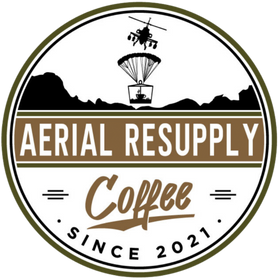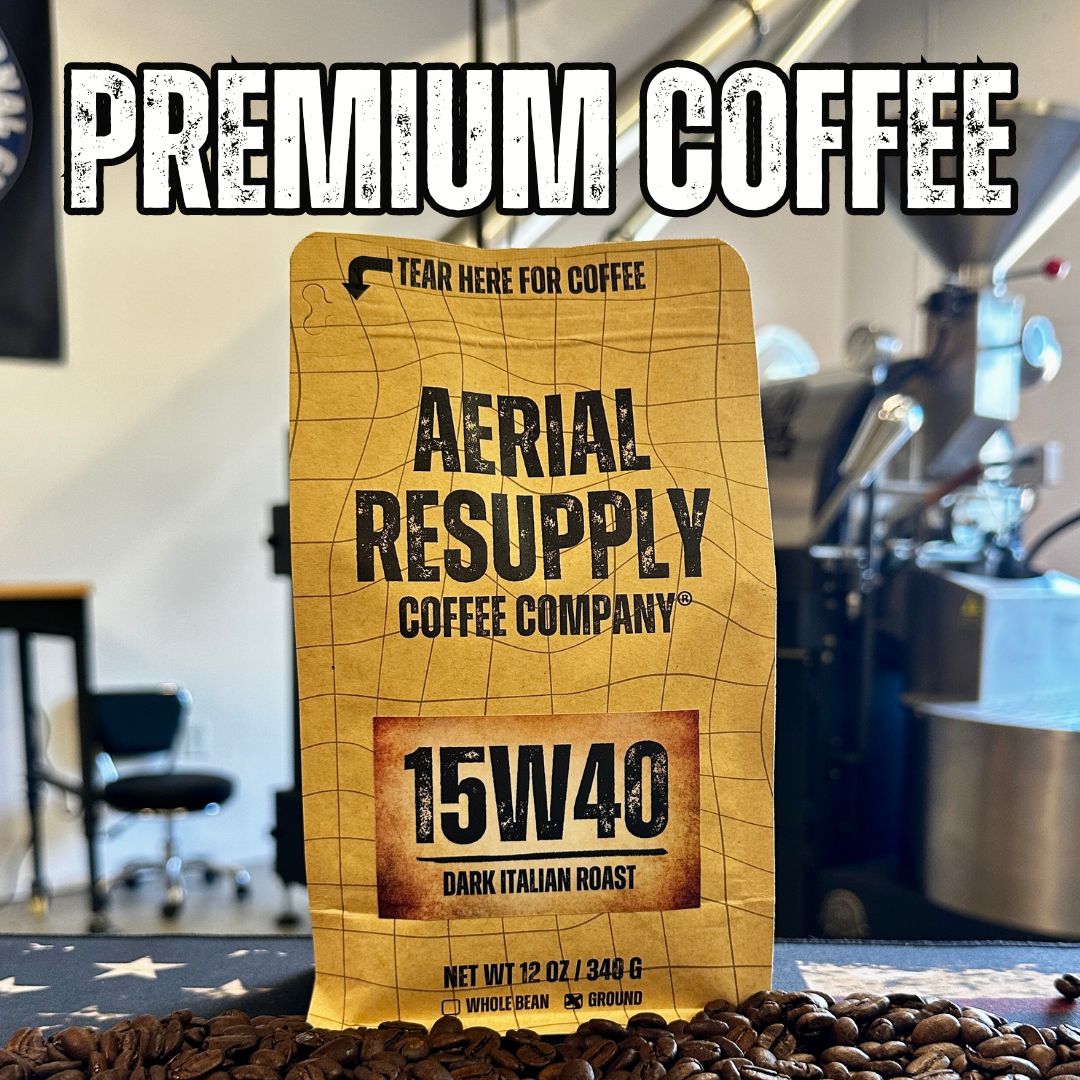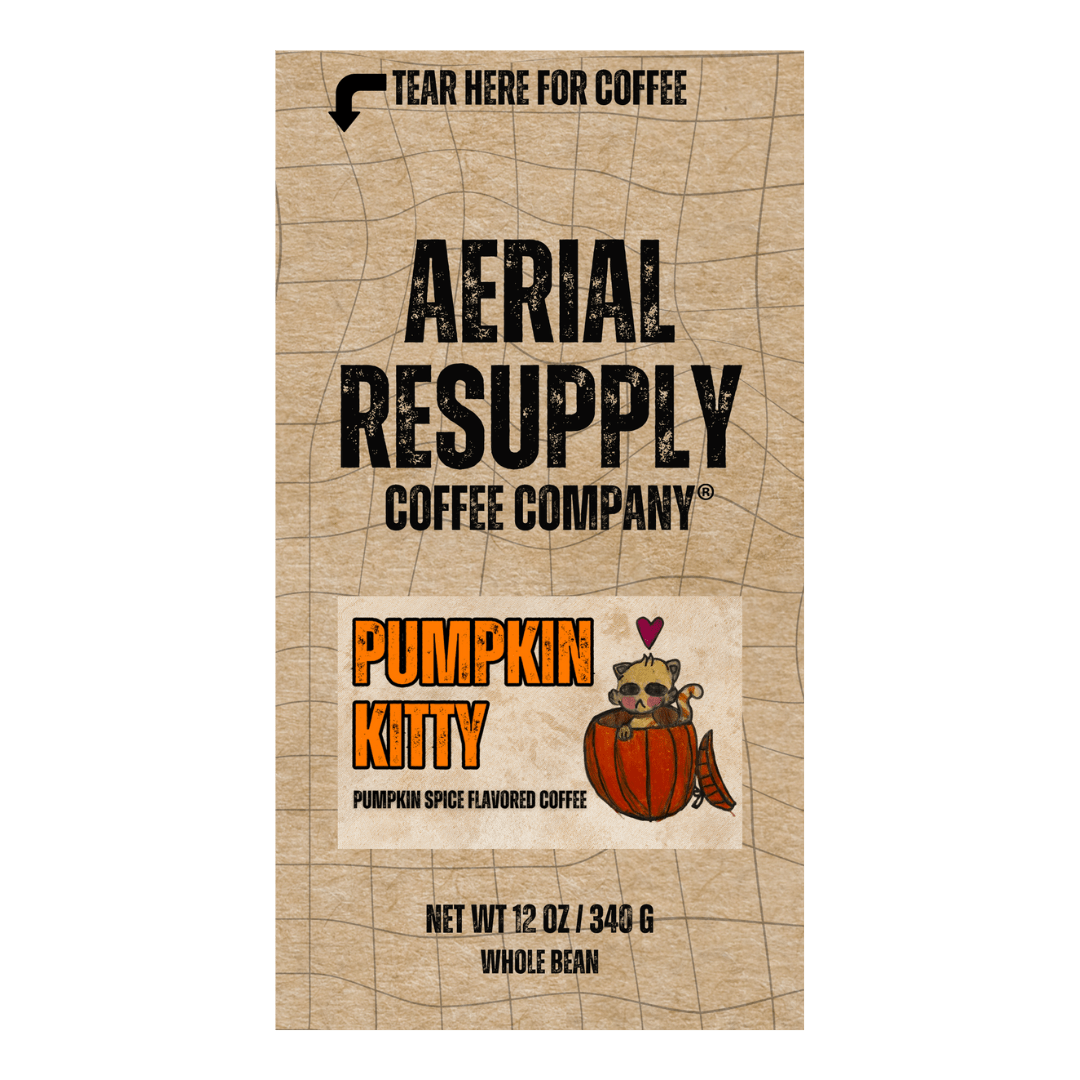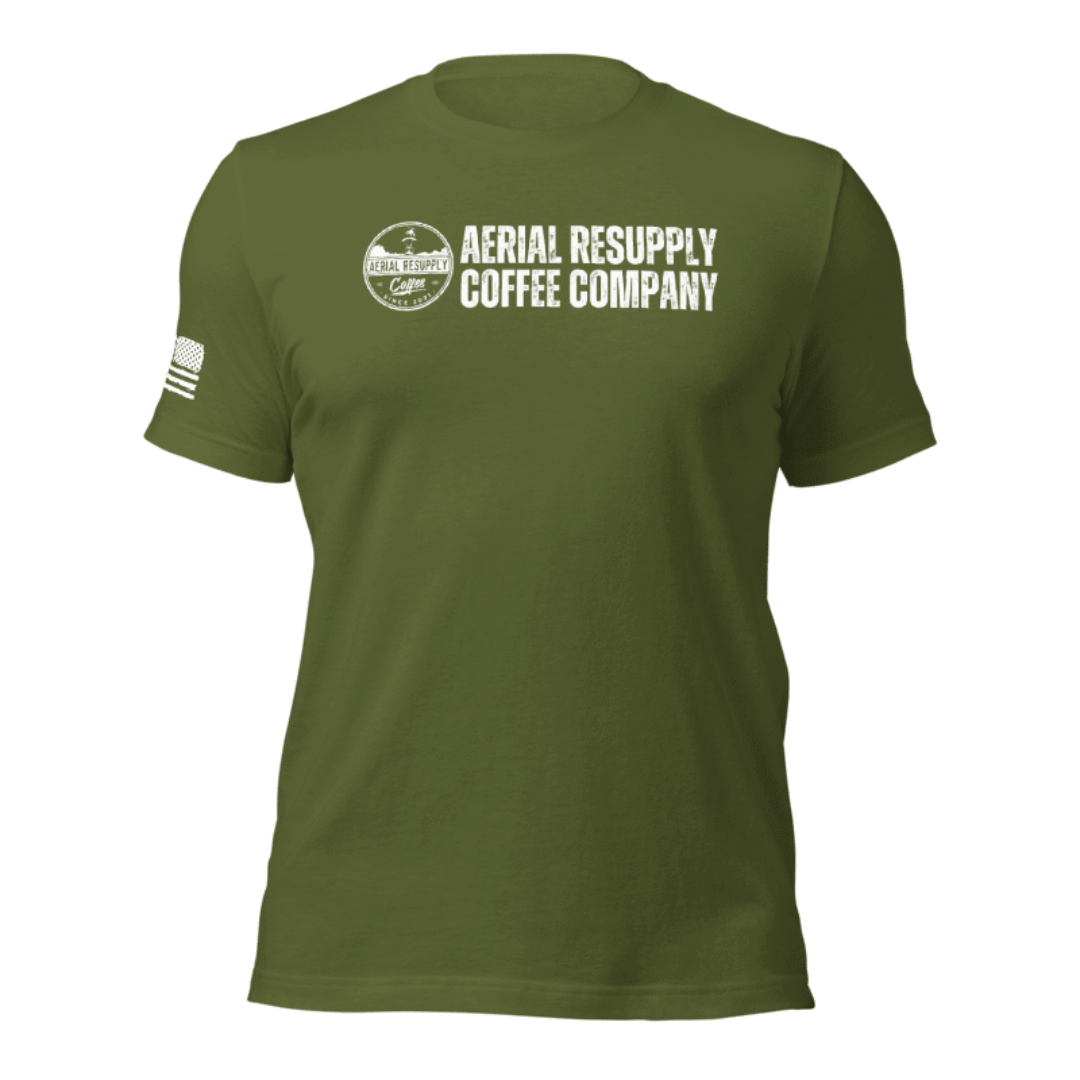Coffee & Aerial Delivery: Fueling Military Operations Through Time
A. Background on the importance of coffee in military history
For centuries, coffee has played a vital role in the lives of soldiers. As a natural stimulant, it provides much-needed energy and alertness for those on the battlefield. Additionally, coffee serves as a morale booster during long missions, offering soldiers a small comfort amid the harsh realities of war.
B. The development of aerial logistics and delivery
Aerial logistics and delivery have seen significant advancements since their inception. From the early days of rudimentary air drops to modern, sophisticated delivery systems, aerial resupply has become an essential aspect of military operations. These advances have increased the speed, efficiency, and reach of military forces, allowing for more effective responses to evolving situations on the ground.
We will explore the role and importance of coffee in militaries throughout history, as well as analyze how aerial logistics and delivery have impacted military operations. By examining these two elements, we can gain a deeper understanding of their interconnected nature and the ways in which they have shaped the course of military history.
A. The Role of Coffee in Military History
1. Early use of coffee in military operations
Dating back to the 17th-century Ottoman Empire, coffee has been a staple for soldiers during times of conflict. As the beverage spread to Europe, 18th-century European powers also began to recognize its value for their armed forces. Throughout the centuries, coffee has remained a crucial component of military rations, providing a much-needed source of energy and comfort for soldiers.
2. Coffee in the American military
The American military has also embraced the benefits of coffee, starting with the American Revolution and continuing through the Civil War and both World Wars. Today, coffee remains a key component of military rations and is often one of the most requested items by deployed service members.
3. Impact of coffee on soldier performance and morale
Beyond its physiological benefits, coffee also has a significant psychological impact on soldiers. The warmth and familiarity of the beverage can provide a sense of comfort and normalcy during times of stress and uncertainty. This morale boost can be crucial in maintaining mental resilience and combat effectiveness.
B. Development of Aerial Logistics and Delivery
1. Early aerial delivery techniques
The concept of aerial delivery began with the use of balloons in the late 18th and early 19th centuries. However, it was the development of aircraft in the early 20th century that truly revolutionized aerial logistics, allowing for more accurate and efficient delivery of supplies to troops on the ground.
2. Technological advancements
Over the years, improvements in aircraft capabilities and innovations in parachute and container systems have greatly enhanced aerial delivery. Modern military forces now have access to precision-guided airdrops and high-altitude, low-opening (HALO) systems, allowing for greater flexibility and accuracy in resupply operations.
3. Adoption of aerial delivery in various conflicts
Aerial logistics and delivery have played pivotal roles in conflicts such as World War II, the Korean War, and the Vietnam War. The ability to quickly resupply troops in remote locations or behind enemy lines has proven to be a vital asset, often making the difference between victory and defeat.
C. Impact of Aerial Logistics and Delivery on Military Operations
1. Increased flexibility and speed of resupply
Aerial logistics and delivery have allowed military forces to respond rapidly to changing situations on the battlefield. Troops in remote or inaccessible locations can now receive essential supplies and reinforcements, ensuring their continued effectiveness and survivability.
2. Enhancement of strategic capabilities
Aerial logistics and delivery have also expanded the strategic capabilities of military forces. Airborne and special forces operations have become more feasible and effective due to the ability to insert personnel and equipment quickly and accurately. Additionally, aerial resupply has become a critical component of humanitarian and disaster relief efforts, enabling the rapid delivery of essential supplies to those in need.
3. Challenges and limitations
Despite its many advantages, aerial logistics and delivery also face challenges and limitations. Weather conditions can hinder air operations, while payload capacity and fuel limitations may restrict the volume of supplies that can be transported. Furthermore, accuracy and precision in airdrops are crucial to avoid unintentional damage or loss of supplies.
A. Summary
Throughout military history, coffee has played a crucial role in providing energy, alertness, and comfort to soldiers on the battlefield. Concurrently, aerial logistics and delivery have revolutionized military operations by increasing the speed, flexibility, and reach of resupply efforts. Together, these two elements have shaped the way in which military forces operate and respond to ever-evolving challenges.
B. Implications for the future of military operations and logistics
As technology continues to advance, we can expect to see further innovations in both coffee production and aerial logistics. These developments will likely lead to even greater efficiency, precision, and effectiveness in military operations. The importance of coffee in military life will likely endure as a source of comfort and energy for soldiers. To experience the fusion of coffee and military history, one can explore various products offered by Aerial Resupply Coffee, such as their K-Cup Collection and Samplers and Bundles.






